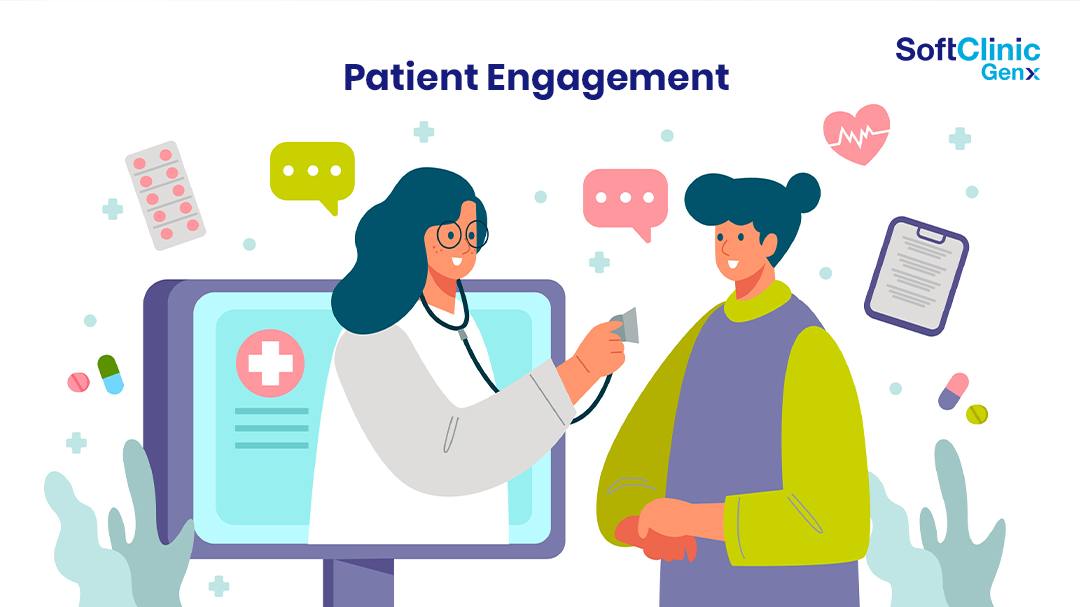Transforming Healthcare: The Empowering Rise of Patient Engagement!
August 16, 2024In the digital age, healthcare is evolving rapidly, and at the heart of this transformation is patient engagement software. These innovative tools are changing the way patients and doctors interact, making healthcare more accessible, personalized, and effective. By putting patients in the driver’s seat, this software is revolutionizing care and driving better health outcomes.
What is Patient Engagement Software?
Patient engagement software empowers patients to take an active role in their healthcare. It allows easy access to health records, appointment scheduling, test results, and direct communication with doctors—all from the comfort of home. As healthcare shifts towards value-based care, where success is measured by patient outcomes, these tools are becoming essential. Engaged patients are more likely to follow treatment plans and manage chronic conditions, leading to better health and lower costs.
The Tech Behind the Transformation
Technology is the engine driving patient engagement:
- AI: Artificial Intelligence offers personalized health advice, sends reminders, and even answers common questions through chatbots, making healthcare more responsive and efficient.
- IoT: Wearable devices monitor health metrics in real-time, allowing doctors to intervene early if issues arise, potentially preventing hospitalizations.
- Blockchain: Although new to healthcare, blockchain securely stores and shares patient data, protecting privacy and ensuring only authorized access.

Benefits for Patients and Providers
For patients, these tools mean more control over their health. With instant access to information and communication, they’re more involved in their care. For doctors, engaged patients lead to fewer complications and more effective treatments. Platforms like SoftClinic GenX streamline communication, securely manage data, and enhance the overall healthcare experience with features like telehealth and real-time monitoring.
Overcoming Challenges and Looking Ahead
Adopting patient engagement software isn’t without challenges. The digital divide and the learning curve are significant hurdles, especially for older patients. However, as technology continues to advance, these tools will become easier to use, more personalized, and more secure, further transforming healthcare. Patient engagement is the future of healthcare—empowering patients, supporting doctors, and improving outcomes.
See Also: How AI is Transforming Hospital Management Software in 2024
